Case: Wereldwijven ateliers, Dordrecht, the Netherlands
More than 80 women from 27 different backgrounds come together in Wereldwijven ateliers to practice their language skills, their work skills and to expand their social network. Together they design and make beautiful products for their own shop and for designers with which they work together.
Women empowerment and feeling more at ease in Dutch society, combining development of skills and language learning are key elements of this best practice.
The combination of these elements are attractive to keep in mind by developing an education program for Winsome. It would be nice to use the educational program as a starting point for a long term relationship with the participants of a program.
Background
Wereldwijven ateliers was founded in 2011 by Jolanda Branderhorst and is located in the historical center of Dordrecht. There are two studios (for embroidery and sewing) as well as a shop from which the products are sold. The idea with which Wereldwijven was started was to provide a safe place for women from different backgrounds who are relatively new in the Netherlands and are not (yet) familiar with the country, the language and the customs.
The target group are women who are living in the Drechtsteden, who are vulnerable, find it difficult to find a paid job in the Netherlands, because they don’t speak the language, have never been to school (thus have no formal education) or have no working experience.
The mission of Wereldwijven Ateliers is to provide a safe place for everybody, the ability to expand one’s skills and work experience, to learn the Dutch language and by sharing one’s personal stories to connect with others.
By now the organization consists of a creative and commercial manager, a studio coordinator and a language coach. More than 80 women work together in Wereldwijven ateliers of which around 40% are volunteers and 60% are women who work through the social service department of their municipality in a so-called ‘participation job’. (A participation job is for people who receive a payment from the municipality and is volunteer work for people who cannot do paid work.)
Description
The work that Wereldwijven does is a continuing process and no short term project. The women are able to learn the Dutch language and to make themselves useful by using techniques that they are familiar with or are willing to learn (embroidery and/or sewing). They get to know each other, empower each other, learn the language and customs and in that way become stronger and more confident to stand their ground in Dutch society.
In two studios the participating women can work on their skills. When they don’t have any experience they start in the embroidery atelier. They learn a couple of easy embroidery stitches with which they embroider cushions and other textiles. If they are ambitious or more experienced they can continue working in the sewing atelier in which the textiles are sewn together into beautiful products. During their work in de ateliers they learn the language. There is a language coach who teaches Dutch during their work, and they have an agreement to speak Dutch with each other and with the Dutch volunteers that also work in the atelier.
The heritage value lies in the fact that these women use and preserve creative embroidery techniques from their own country and teach these techniques to other women. The finished products find their way to the Dutch people through the shop in which they are sold.
Impact
This project ís more or less the organization. The collaboration with women from different backgrounds who work together is an essential element of the strength of Wereld Wijven, both in the products they make (relatively ‘easy’ embroidery on interior products) as in the organization itself (basically organized as a volunteer organization with minimal payed support) and the partners they work with (who find it important to work with socially involved companies).
They publish an annual report every year with their results: Publicaties – Wereldwijven ateliers
Relevance/usability
This is not a traditional case for the Winsome project. Do’s: work together with institutions, invest in long term relationships, combine ‘fun’ with learning and empowerment, provide a safe environment and start with small steps. Since it is an ongoing process that has developed over time it is by now a pretty solid looking organization in which we cannot easily find ‘don’t’s’.
References
- Website Wereldwijven ateliers: https://www.wereldwijvenateliers.nl/
- Policy plan Wereldwijven Beleidsplan 2021-2024 (shopify.com)
- Wereldwijven on Facebook
- Wereldwijven on Instagram Wereldwijven ateliers (@wereldwijvenateliers) • Instagram-foto’s en -video’s
- ‘Wereldwijven’ verbonden door naald en draad – Rijnmond
Contact information
info@wereldwijvenateliers.nl (Laura IJzerman/Marieke Schakel)
Author
Petra Reijnhoudt, Nationaal Onderwijsmuseum
Header Photo: Wereldwijven Ateliers

